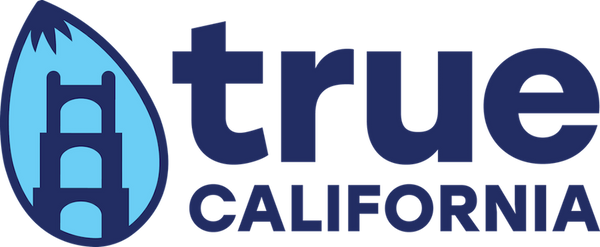Omega-3 fatty acids are an essential fatty acid for your health. It's one nutrient that your body can't create so you can only get them from eating foods or taking supplements. This is really important because medical studies have scientifically linked Omega-3's to a long list of health benefits like:
- improving cardiovascular health
- reduce the risk of some cancers
- protecting against heart disease
- lowering blood pressure
- ease inflammation
- support healthy fetal and infant growth and development
- slow age-related mental decline
EPA and DHA Omega-3's are usually called marine Omega-3's because you can only get them from eating fish or seafood. Some fish and seafood are higher in Omega-3's than others and you still need to be concerned with mercury levels. Health experts typically recommend 1-2 servings of fish or seafood per week and each serving should be 6-8 ounces each. Here's one of many list of the Omega-3 content in certain fish and seafood.
Don't worry if you're vegan. There are still some great vegan options for Omega-3's. You can get them from eating flaxseeds, chia seeds, soy oil, soybeans, tofu, leafy vegetables, seaweed, and our favorite, walnuts! It's good to note that plant-based Omega-3's are all ALA Omega-3's, which don't contain all the major benefits that EPA or DHA's do. Our bodies are able to convert some ALA Omega-3's to EPA or DHA's, but it's not as efficient as consuming fish or seafood directly. Here's a list for some vegan Omega-3 options.
You can also take over-the-counter Omega-3 supplements to help support your Omega-3 fatty acid levels. Medical evidence suggest that supplements are not here to replace a healthy diet though. That means taking a bunch of pills won't make you a superhero. But if you can't eat fish or seafood, taking an Omega-3 supplement has shown to be more beneficial to your health than not taking one at all.
You might feel like running out to the store and hoarding all the Omega-3's that you can after reading something like this. Please don't do that. Omega-3's can definitely contribute to our health but there's no such thing as a miracle drug or cure-all nutrient. In fact, too much Omega-3's can get you sick and lead to bad breath, headaches, and nausea, to name a few. That's not fun. A steady healthy diet, water, sleep, and exercise are still our keys to living a happy life. =)
Here are a few articles to read if you'd like to learn more:
- https://www.nccih.nih.gov/health/tips/things-to-know-about-omega-fatty-acids
- https://www.eatingwell.com/article/291962/8-best-vegan-omega-3-rich-foods/
- https://www.hsph.harvard.edu/nutritionsource/what-should-you-eat/fats-and-cholesterol/types-of-fat/omega-3-fats/
- https://my.clevelandclinic.org/health/articles/17290-omega-3-fatty-acids
- https://www.health.harvard.edu/staying-healthy/should-you-be-taking-an-omega-3-supplement
- https://www.annualreviews.org/doi/10.1146/annurev-food-111317-095850
- https://www.medicalnewstoday.com/articles/325179?c=570431174577#risks
- https://www.livestrong.com/article/373097-the-benefits-side-effects-of-omega-3-6-and-9-fish-oils/
- https://curejoy.com/content/omega-3-foods-for-vegetarians/

